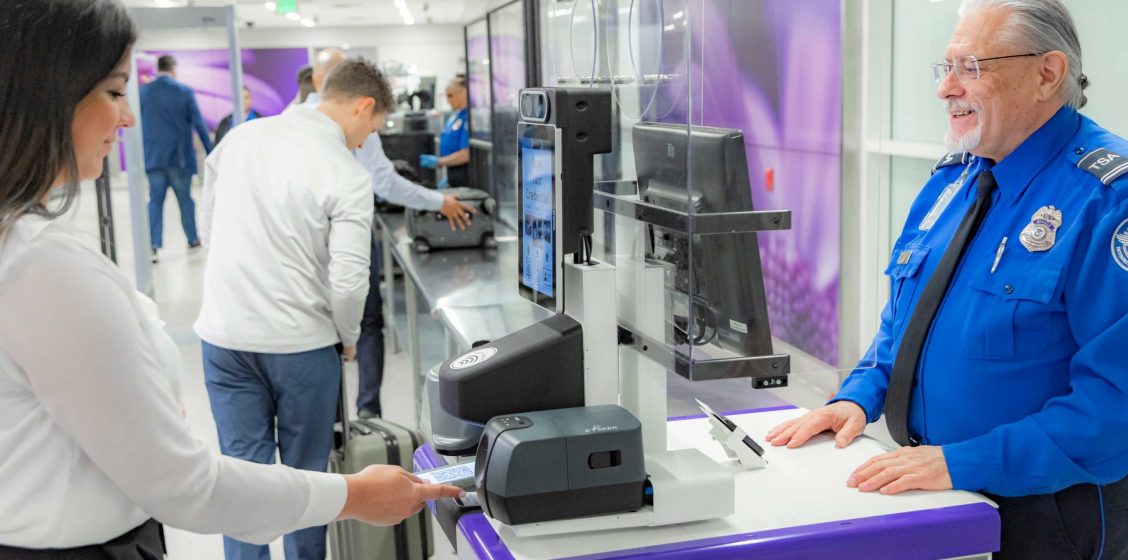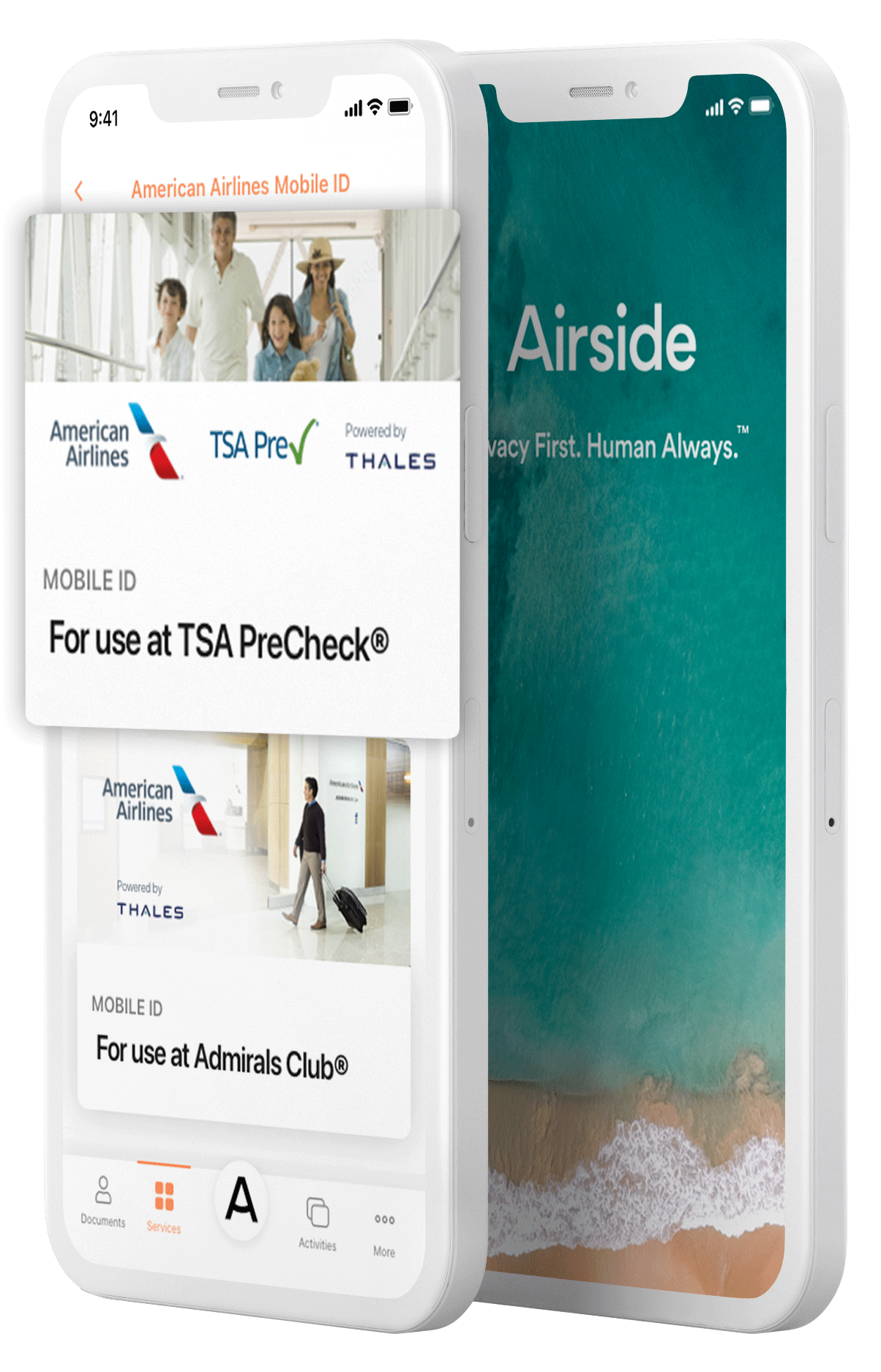Credit: American Airlines
The history of tech, the story goes, is that the future takes forever to arrive only to seemingly arrive very suddenly. After a decade of incredible advances in encryption, biometrics, and data connectivity, the future of mobile ID is now poised to arrive just as suddenly as the World Wide Web, smartphones, and the sharing economy.
A recent study published by Liminal Strategy Partners concluded that the reusable and digital IDs market is primed to explode into a $266 billion industry over the next five years, making its way into nearly every person’s and every business’s day-to-day routine. Driving this monumental growth will be how identity technology is applied. “We are at the beginning of a paradigm shift”, said Travis Jarae, CEO of Liminal Strategy Partners, “Digital identity is undergoing rapid transformation; as consumer-centric solutions go mainstream, we see a demand for interoperable identity credentials that can be integrated across different use cases in the digital and physical world.”
The factors behind this impending revolution are not obscure. The COVID-19 pandemic has driven whole categories of transactions and communications online. Concurrently, cybersecurity risks and the problem of stolen identities is exacerbated by the ever-growing sophistication of online criminals.
New regulations for privacy, anti-money laundering, cybersecurity and state-issued IDs are forcing every major commercial enterprise to refine their approaches to ensuring that their customers, employees, and vendors are, in fact, who they claim to be. Adding fuel to the fire has been Apple’s leadership over the past year in giving consumers control over their opt-in decision to not “be the product” by allowing third parties to track information that identifies the person or their device.
The existing model of backend integrations with “identity as a service” vendors is being challenged under the weight of these trends. According to Liminal, a new model for identity is emerging based on reusability, clear standards, and consumer-centric data rights. In short, individuals will establish a digital and mobile ID proven to government-mandated standards and then control the use and management of that digital ID on their device – with no central databases, no hidden data exploitation by marketers, and no more cycling through endless knowledge-based authentication (KBA) quizzes or secret questions. This combination of capabilities will give rise to interoperable ID networks that unlock the economic value and consumer convenience of reusable ID.
The Transportation Security Administration (TSA) has spent over twenty years physically checking a staggering three million IDs every day to determine if a traveler is who they say they are. TSA recently published its “Identity Management Roadmap 2022,” laying out four core principles for how the agency will tackle digital ID in the years ahead: risk management, person-centric, privacy, and resource optimization. Taken together, these principles frame TSA’s specific vision for reusable mobile IDs that are accurate, intrinsically privacy-friendly, and interoperable across the travel environment.
This is not just more hype of techie promises and government planning for some distantly arriving future. Today, a new digital identity pilot has been launched for the use of American Airlines Mobile ID at select TSA PreCheck® security checkpoint locations — via the Airside App.
Mobile ID is here, thanks to thoughtful cross-industry cooperation to make touchless travel a reality. Each time an American Airlines AAdvantage® member with TSA PreCheck® travels, they simply use the Airside App to share their reusable ID with TSA. Then, at select locations, they get to enjoy faster designated American Airlines Mobile ID lanes.
Unlike mobile driver’s licenses (mDLs) available in only a handful of states, travelers using the Airside App can set up their mobile IDs nationwide, using state IDs from 39 states* and/or their passports. Unlike other government and commercial ID programs, this new process, in conjunction with Thales, will enable and utilize a reusable mobile ID stored exclusively on the traveler’s smartphone – iOS or Android – and, controlled exclusively by the person. Not only will TSA require active consent from the traveler to share data, but the mobile ID will not be retained by TSA once the verification is completed. This new program gives a clear indication of the future of identity verification and sharing — it is mobile and it begins at home.
The promise of digitized mobile IDs has been a long time coming. You should be in control of your data, identification, and identity. You should decide what organization gets what data for which purpose and for how long. You should not have to agree to “be the product” by having to disclose personal details to access convenience or better services. All of us at Airside are immensely proud of our role in making that promise a reality. We’ll see you at the airport.
*Drivers licenses from states that are part of the AAMVA DLDV program and U.S. passports are eligible.











